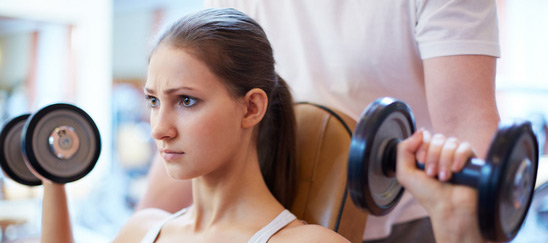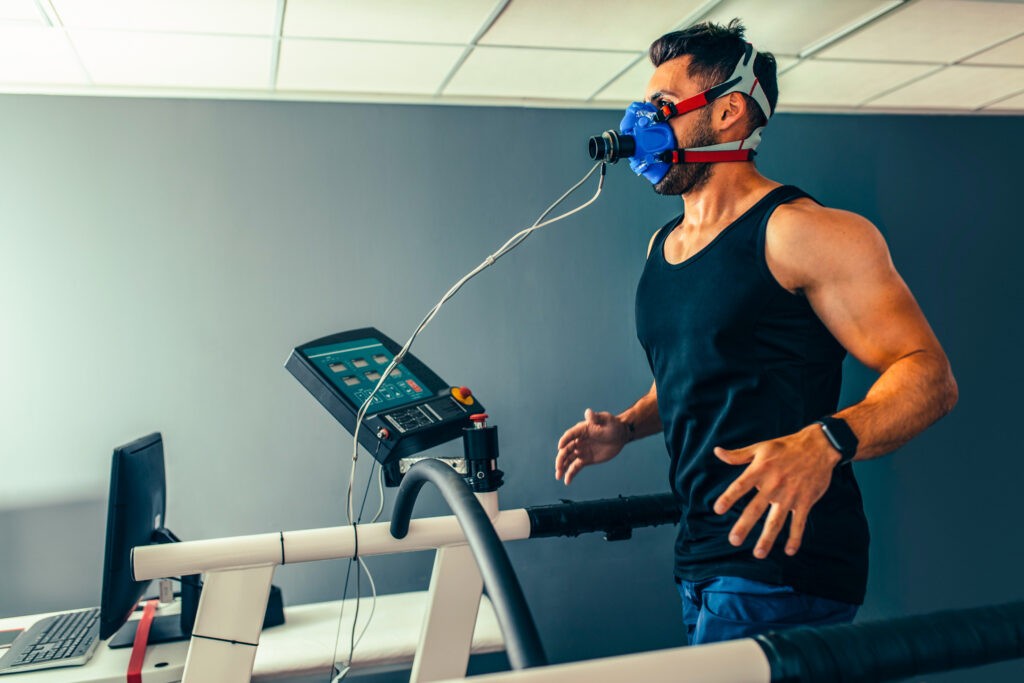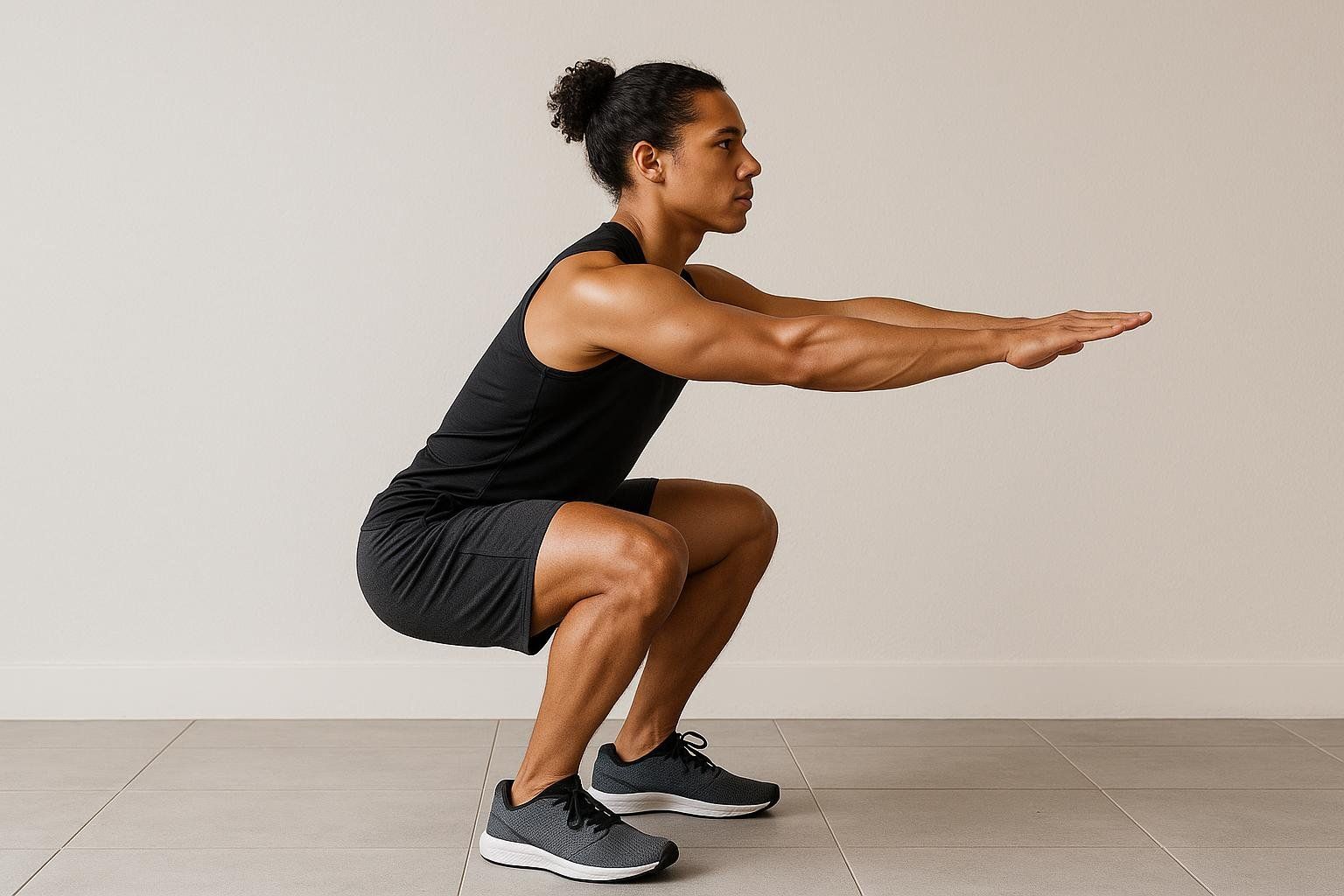When I first started my fitness journey, I was obsessed with the number on the scale. I’d step on it every morning, hoping for a lower number, only to feel defeated when it didn’t budge—or worse, went up. Sound familiar? It wasn’t until I learned about body composition that I realized I’d been chasing the wrong goal. Weight is just a number, but body composition tells a deeper story about your health, fitness, and overall well-being. In this article, we’ll dive into why body composition often trumps weight, how to measure it, and practical ways to improve it for a healthier you.
What Is Body Composition?
Body composition refers to the proportion of fat, muscle, bone, and water in your body. Unlike weight, which lumps everything together, body composition breaks down what your body is made of. It’s like looking under the hood of a car instead of just checking its total weight.
Think of it this way: two people can weigh the same but have vastly different health profiles based on their body composition. One might have a high percentage of lean muscle, while the other carries more fat. This distinction matters because it directly impacts your energy levels, disease risk, and physical performance.
Why Weight Alone Isn’t Enough
The scale can be a liar. I remember celebrating when I dropped five pounds in a week, only to realize later I’d lost mostly water weight from a crash diet. Weight doesn’t tell you what’s happening inside your body—it could be muscle loss, fat gain, or even temporary bloating.
Focusing solely on weight ignores critical factors like muscle mass and fat distribution. A muscular athlete might weigh more than someone with higher body fat but be healthier overall. That’s why body composition gives you a clearer picture of your fitness and health.
The Scale’s Biggest Flaws
The scale is a one-dimensional tool in a three-dimensional world. Here’s why it falls short:
- No Context: It doesn’t differentiate between fat, muscle, or water.
- Daily Fluctuations: Weight can swing due to hydration, hormones, or even a big meal.
- Mental Trap: Obsessing over the number can lead to frustration or unhealthy habits.
I once knew a friend who’d starve herself to hit a “goal weight” for a wedding, only to regain it all (and more) afterward. The scale didn’t reflect her health—it just fueled her stress.
Body Composition: The Deeper Dive
Body composition looks at the ratio of fat mass (adipose tissue) to lean mass (muscle, bones, organs, and water). A healthy body composition means having a balanced ratio that supports your lifestyle and reduces health risks. For example, too much body fat, especially around the waist, is linked to heart disease and diabetes, while adequate muscle mass supports metabolism and mobility.
Why Muscle Matters
Muscle isn’t just for bodybuilders—it’s a powerhouse for health. More muscle mass boosts your metabolism, improves insulin sensitivity, and enhances physical function. I started strength training a few years ago, and while my weight didn’t drop much, my energy soared, and my clothes fit better. That’s the magic of building muscle.
The Dangers of Excess Fat
Excess body fat, particularly visceral fat (the kind that surrounds your organs), increases risks for chronic diseases like hypertension and type 2 diabetes. Unlike subcutaneous fat (the jiggly stuff under your skin), visceral fat is metabolically active and can wreak havoc on your health.
How to Measure Body Composition
You can’t improve what you don’t measure. Unlike stepping on a scale, assessing body composition requires specific tools. Here are the most common methods:
| Method | How It Works | Pros | Cons |
|---|---|---|---|
| DEXA Scan | Uses X-rays to measure fat, muscle, and bone | Highly accurate, detailed breakdown | Expensive, not widely available |
| Bioelectrical Impedance | Measures resistance to electrical current | Affordable, easy to use (e.g., smart scales) | Less accurate, affected by hydration |
| Skinfold Calipers | Measures fat under the skin with calipers | Inexpensive, portable | Requires skill, less precise |
| Hydrostatic Weighing | Measures body density in water | Very accurate | Inconvenient, not widely available |
I tried a smart scale with bioelectrical impedance at home, and while it wasn’t perfect, it gave me a rough idea of my body fat percentage. For precise results, I’d recommend a DEXA scan if you can access one.
Where to Get Body Composition Testing
- Gyms and Fitness Centers: Many offer bioelectrical impedance or skinfold testing.
- Medical Facilities: DEXA scans are available at hospitals or specialized clinics.
- Universities/Research Labs: Some provide hydrostatic weighing for research purposes.
Check local gyms or health clinics for affordable testing options. Websites like Healthline or WebMD list facilities near you.
Body Composition vs. Weight: A Side-by-Side Comparison
Let’s break down the key differences to see why body composition often matters more:
| Aspect | Body Composition | Weight |
|---|---|---|
| What It Measures | Fat, muscle, bone, water percentages | Total body mass |
| Health Insights | Shows fat distribution and muscle health | No distinction between fat and muscle |
| Accuracy for Fitness | High—reflects true health and fitness | Low—can mislead due to fluctuations |
| Long-Term Value | Guides sustainable health improvements | Can encourage short-term, unhealthy fixes |
Focusing on body composition helped me shift from “I need to lose weight” to “I want to build strength and reduce fat.” It’s a mindset that prioritizes health over a fleeting number.
Pros and Cons of Focusing on Body Composition
Pros
- Better Health Indicator: Reflects muscle gain and fat loss, which directly impact health.
- Sustainable Goals: Encourages long-term habits like strength training and balanced eating.
- Improved Confidence: You’ll feel stronger and more energized, not just “lighter.”
Cons
- Harder to Measure: Requires specialized tools, unlike a simple scale.
- Time-Intensive: Building muscle or losing fat takes consistent effort.
- Cost: Some methods, like DEXA scans, can be pricey.
When I started focusing on body composition, I felt empowered by tracking progress beyond the scale—like how many push-ups I could do or how my jeans fit.
How to Improve Your Body Composition
Improving body composition means reducing fat and building or maintaining muscle. Here’s how to do it:
- Strength Training: Lift weights 3–4 times a week to build muscle. Start with bodyweight exercises if you’re new, like squats or push-ups.
- Balanced Nutrition: Eat enough protein (1.6–2.2g per kg of body weight) to support muscle growth. Include whole foods like vegetables, lean meats, and healthy fats.
- Cardio: Incorporate moderate cardio (e.g., brisk walking or cycling) to burn fat without losing muscle.
- Sleep and Recovery: Aim for 7–9 hours of sleep to support muscle repair and hormone balance.
- Consistency: Small, steady changes beat crash diets. I learned this the hard way after yo-yo dieting left me exhausted.
For tools, consider apps like MyFitnessPal for nutrition tracking or a gym membership for access to weights and trainers. If you’re on a budget, bodyweight workouts at home are just as effective.
Best Tools for Tracking Body Composition
- Smart Scales: Brands like Withings or Fitbit offer bioelectrical impedance scales.
- Fitness Apps: Apps like Strong or Fitbod help track strength training progress.
- Professional Assessments: Book a DEXA scan or consult a trainer for skinfold measurements.
People Also Ask (PAA)
Here are real questions from Google’s PAA section, answered concisely:
Is body composition more important than weight?
Yes, body composition provides a clearer picture of health by showing fat vs. muscle ratios, which impact metabolism and disease risk more than weight alone.
How can I improve my body composition at home?
Focus on strength training (e.g., push-ups, squats), eat a high-protein diet, and track progress with a smart scale or tape measure.
What is a healthy body fat percentage?
For men, 10–20% is healthy; for women, 18–28%. Ranges vary by age and fitness level—consult a professional for personalized goals.
Can you lose fat and gain muscle at the same time?
Yes, through strength training and a protein-rich diet, especially for beginners or those returning to exercise. It’s called body recomposition.
FAQ: Body Composition vs. Weight
1. What’s the difference between body weight and body composition?
Body weight is your total mass, while body composition breaks down the percentages of fat, muscle, bone, and water in your body.
2. Why does my weight stay the same but my body looks different?
You might be losing fat and gaining muscle, which keeps your weight stable but improves your body composition and appearance.
3. How often should I measure body composition?
Every 4–8 weeks is ideal to track progress without obsessing. Frequent measurements can vary due to hydration or other factors.
4. Can I trust smart scales for body composition?
They’re a good starting point but less accurate than DEXA or hydrostatic weighing. Use them for trends, not precise numbers.
5. What’s the best way to reduce body fat?
Combine strength training, moderate cardio, a balanced diet with adequate protein, and consistent sleep for sustainable fat loss.
The Emotional Side of the Journey
Chasing a lower number on the scale can feel like a rollercoaster. I remember crying in frustration when my weight plateaued, only to realize later I’d gained muscle and lost inches. Focusing on body composition shifted my perspective—it’s not about being “skinny” but about being strong, healthy, and confident. Celebrate small wins, like lifting heavier weights or feeling more energized. Your body is more than a number—it’s a reflection of your hard work and care.
Final Thoughts
Weight is a snapshot; body composition is the full picture. By prioritizing muscle gain and fat loss over a meaningless number, you’ll build a healthier, stronger version of yourself. Start small—swap the scale for a tape measure, add a few strength workouts, and eat for nourishment. The journey isn’t always easy (trust me, I’ve had my share of gym fails), but it’s worth it. Ready to take control of your health? Your body will thank you.
For more on fitness and health, check out resources like Mayo Clinic or join communities on Reddit’s r/fitness for support and tips.




